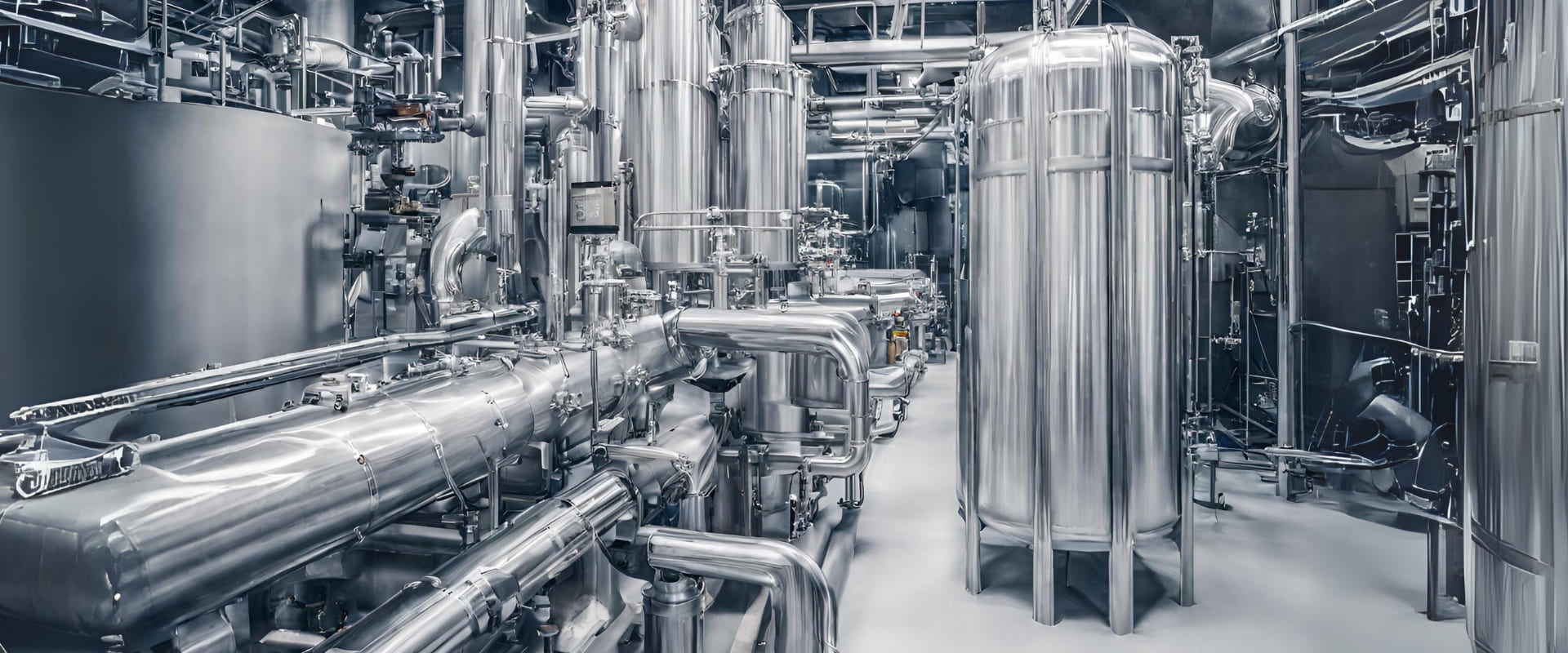Abstract
Syringe Filters are generally used to remove particles from a liquid sample prior to any analysis to avoid damage to equipment (e.g. Ion Chromatography, HPLC, ICP, etc.). They are relatively affordable and can be used for small volumes. Syringe Filters use Membrane type Filters which have a specific particle size cut-off and are available for the filtration of gasses.
Blog
Syringe Filters serve as essential tools in the realm of analytical chemistry, particularly during the sample preparation stage for various sophisticated analysis methods such as Ion Chromatography, High-Performance Liquid Chromatography (HPLC), and Inductively Coupled Plasma (ICP). Their primary purpose is to remove particles and impurities from liquid samples before they are introduced into analytical instruments. This precautionary step is crucial to safeguard sensitive equipment and ensure the accuracy and reliability of analytical results.
One of the key advantages of syringe filters is their affordability, making them a practical choice for laboratories seeking cost-effective solutions for sample preparation. These filters are particularly well-suited for handling small volumes of liquid samples, where precision and purity are critical.
Syringe filters employ Membrane type Filters, which are characterized by having a specific particle size cut-off. This cut-off determines the size of particles that the filter can effectively capture and retain. By using membranes with precise cut-off specifications, syringe filters can tailor the filtration process to the requirements of the analysis being performed. This feature is especially important in applications where specific particle sizes need to be eliminated to ensure the integrity of the analytical results.
The filtration process of syringe filters is designed to be efficient and reliable. As liquid samples are passed through the membrane, particles above the specified cut-off size are effectively removed, leaving behind a purified liquid that can be introduced into analytical instruments without the risk of damaging or clogging sensitive components.
In addition to their role in protecting analytical equipment, syringe filters are widely utilized in applications where the removal of contaminants is critical for achieving accurate and reproducible results. The versatility of syringe filters, coupled with their affordability and ease of use, makes them indispensable tools in modern analytical laboratories, contributing to the overall quality and reliability of analytical data.



